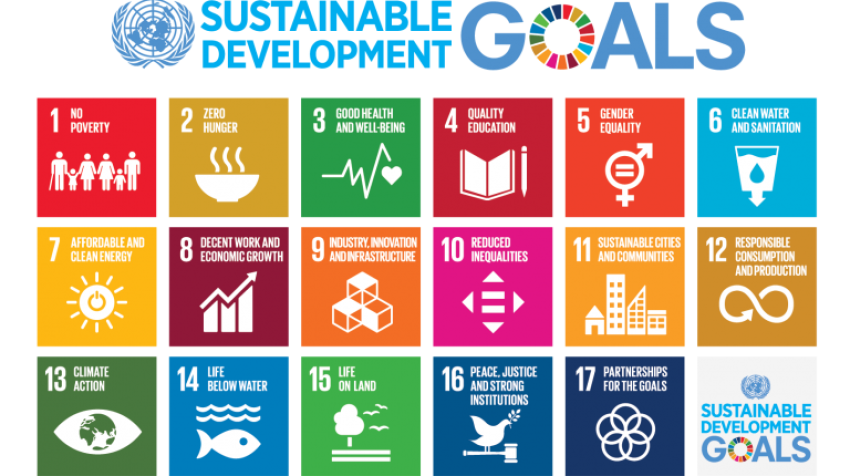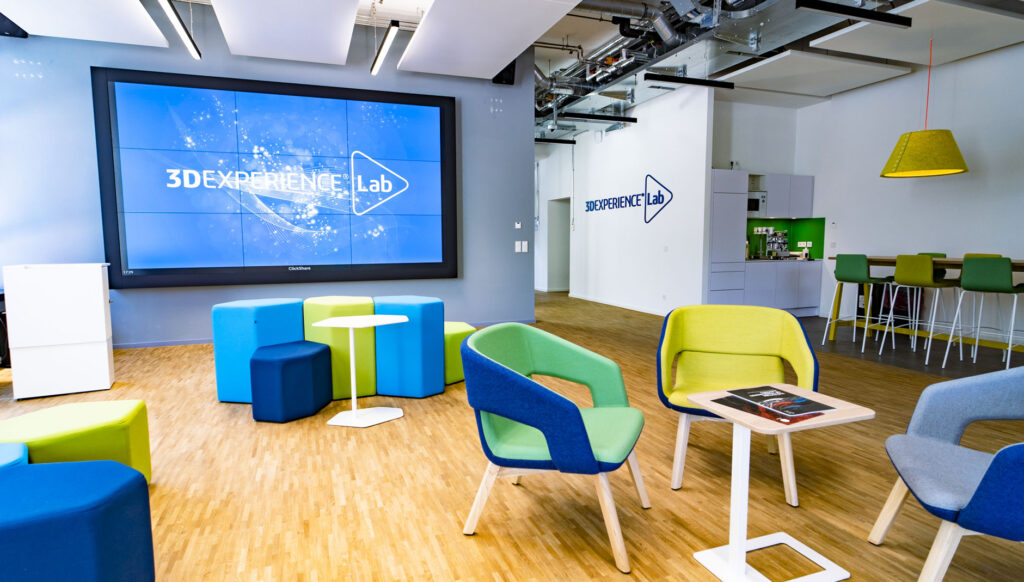The idea that companies should consider the social and environmental impact of their business decisions is nothing new. Long before we used terms such as sustainability and climate change, business leaders actively pursued their own corporate goals and did good for society. Yet pressing concerns about our planet’s future puts pressure on all businesses, particularly larger corporations, to take active measures to protect our environment and humanity. One way to do this is by demonstrating that they practice corporate social responsibility (CSR).
In essence, CSR is a promise companies make to address everything from climate change and poverty to social inequality and injustice, and make these issues an integral part of their business operations.
The United Nations defines CSR as “being the way through which a company achieves a balance of economic, environmental and social imperatives (‘Triple-Bottom-Line-Approach’), while at the same time addressing the expectations of shareholders and stakeholders.”
Over the years, this self-regulating business strategy has helped companies to improve their brand image and grow sustainably while working for the betterment of society. At least this has certainly been the case for those who’ve taken CSR seriously, rather than pretending to – something widely referred to as greenwashing. Mandatory CSR reporting could soon change that.
Why is corporate social responsibility important?
Today, more than 90% of large companies worldwide publish CSR and sustainability-related reports and have done so consistently over the past decade. They’re led by international standards such as the UN Global Compact, which strives to align business strategies with the UN Sustainable Development Goals.

So far, CSR reporting has been largely voluntary, however growing pressure from consumers and policy makers for businesses to contribute positively to society, not just their shareholders, has made it imperative for leaders to be more transparent about the measures they’re taking. New standards such as the European Union’s Corporate Sustainability Reporting Directive (CSRD) help to drive this. CSRD will require more businesses to disclose their social and environmental impacts and adhere to more robust rules so that companies can be directly compared based on their non-financial performance.
Aside from mandatory reporting, CSR makes sense on many other levels too, not least because it’s good for people, the planet and business. Certified B corporations, or B-corps, are companies which meet some of the highest possible social and environmental standards. Research found that compared to their non-certified peers, B-corps:
- Grow their business faster
- Are better at retaining employees and have a more diverse workforce
- Achieve higher levels of innovation
- Are more successful at securing external finance
- Have a greater focus on community engagement.
What are the pillars of CSR?
Many companies follow the UN’s “Triple-Bottom-Line-Approach” when it comes to CSR. It means they focus on three key areas when measuring and reporting their corporate performance:
- Economic (i.e., governance and anti-corruption measures)
- Social (i.e., labor standards, working conditions, social equity, gender balance and human rights)
- Environmental (i.e., carbon footprint reduction, responsible sourcing).
How is CSR different from ESG?
ESG stands for environmental, social and governance and, on the surface, sounds pretty similar to CSR. The two are closely linked, yet at its core, corporate social responsibility is more about taking action and making sustainability and socially positive practices an intrinsic part of the business model and company culture. ESG is more about quantifying a company’s sustainability practices and sharing those metrics with external investors and partners.
Both address the same key issues and are fundamentally about making sure businesses are held accountable for what they do.
Corporate Social Responsibility at Dassault Systèmes

Sustainability is rooted within Dassault Systèmes’ corporate purpose. Our mission is to be part of the sustainable economy and provide businesses with the tools they need to imagine sustainable innovations capable of harmonizing product, nature and life. This means that we believe our technology is a key way for our customers to innovate and develop radically new products, services and processes required for a more sustainable economy and way of life.
Beyond technology, Dassault Systèmes constantly strives to be a more sustainable company. Our own CSR governance keeps us accountable, while our Sustainability Compass guides us to embed sustainability in everything we do, centered around three pillars with clear targets:
- EXPERIENCE the change: We strive to “walk the talk.” For example, by 2025, we aim to have 40% of executive and 30% of people manager roles held by women
- HARMONIZE the portfolio: We want to inspire our customers to innovate sustainably, such as by adding Lifecycle Assessment in the 3DEXPERIENCE platform
- COLLABORATE with stakeholders: We aim to work in partnership with customers, employees, and other stakeholders. Plans are in place to launch an annual sustainable innovation event.
Here are some other examples of CSR programs at Dassault Systèmes:
- Our 3DEXPERIENCE Labs, including the new Munich Lab, are designed to help local communities and give startups the tools and support they need to get their businesses off the ground and bring exciting new innovations to market
- La Fondation Dassault Systèmes is about working with schools, universities, research centers, museums and non-profit organizations to inspire the next generation and transform learning practices through the power of the 3DEXPERIENCE platform. Its mission: to strive for a sustainable future by supporting the development of an economy based on collective intelligence that is accessible to the greatest possible number of teachers, students and searchers.
Is CSR good for business?
Today, consumers want to buy from and engage with businesses they can trust. They expect companies to act responsibly and tackle important issues, and they want to know that their money is going towards something positive. In one study, 94% of consumers said they consider it important for companies to have a strong purpose, and 83% believe companies should only earn a profit if they also deliver a positive impact.
Employees share similar expectations. More than 70% said they would choose to work for a company based on its environmental agenda, and a similar proportion would stay with a company if it had a strong sustainability plan.
CSR, then, is good for business. Among the benefits of corporate social responsibility: Project ROI reported that CSR helps companies reduce employee turnover by as much as 50%. At the same time, they can expect to increase sales by as much as 20% and share price by as much as 6%.
As the 2030 deadline looms to achieving the UN Sustainable Development Goals, company leaders realize they need to pick up the pace when it comes to meeting their own sustainability targets and socially responsible endeavors if they are to remain in business. In light of current global disruptions, CSR has evolved to what was once perhaps a tick-box exercise to a matter of urgency.
“In a world categorized by conflict, energy shortages, rising inflation and the threat of recession…CEOs do not believe the world is as resilient to crises as we may have hoped,” said Sanda Ojiambo, executive director and CEO of the UN Global Compact.
Indeed, in the UN Global Compact’s latest global survey, most CEOs (93%) admit they’re experiencing 10 or more simultaneous challenges to their businesses, and nearly all (98%) agree that sustainability is core to their role.

